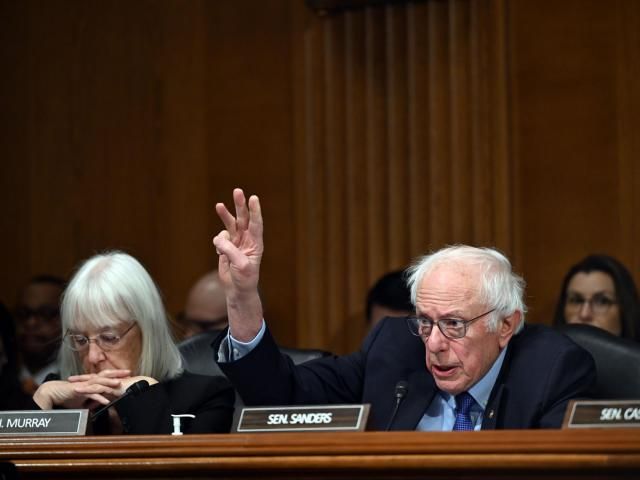GOP Healthcare Bill: Will Millions Lose Medicaid and Health Coverage?

A recently unveiled Republican healthcare bill has sparked intense debate and raised serious concerns about its potential impact on millions of Americans. The proposed legislation, touted by some as a significant reform, faces scrutiny over its potential to strip away Medicaid and health insurance coverage for a substantial number of citizens. Let's delve into the details and examine the potential consequences.
The Core of the Bill: What's Changing?
The Republican bill aims to overhaul the existing healthcare system, with key changes focusing on Medicaid and Affordable Care Act (ACA) subsidies. Critics argue the proposed revisions would significantly reduce access to healthcare for vulnerable populations. Specific areas of concern include:
- Medicaid Rollbacks: The bill proposes changes to Medicaid eligibility requirements, potentially excluding millions of low-income individuals and families. This could impact access to essential medical services, preventative care, and chronic disease management.
- ACA Subsidy Adjustments: Adjustments to ACA subsidies could lead to higher premiums and reduced financial assistance for those purchasing health insurance through the marketplace. This could make coverage unaffordable for many, forcing them to forgo insurance altogether.
- Hospital Closures & Premium Increases: Analysts warn that the bill's provisions could strain the financial stability of hospitals, particularly those serving a large proportion of Medicaid patients. Reduced patient volume and revenue could lead to hospital closures and, consequently, increased premiums for those with private insurance.
The Numbers: 13.7 Million at Risk?
Estimates from the Congressional Budget Office (CBO) suggest that the bill could result in approximately 13.7 million Americans losing health insurance coverage. This figure has become a central point of contention, with opponents highlighting the potential for widespread disruption to healthcare access. However, proponents argue that the CBO's projections are overly pessimistic and that the bill will ultimately lead to a more efficient and sustainable healthcare system.
Counterarguments and Republican Perspective
Republicans maintain that their bill is designed to address the shortcomings of the ACA, which they argue has led to rising premiums and limited choices for consumers. They contend that the proposed reforms will foster competition among insurance providers, lower costs, and provide greater flexibility for states to tailor healthcare programs to meet their specific needs. They also suggest that the 13.7 million figure is inflated and doesn’t account for potential shifts in insurance coverage.
The Broader Impact: Beyond the Numbers
The potential consequences of this bill extend far beyond the raw numbers of those losing coverage. Reduced access to healthcare can have a ripple effect on public health, economic productivity, and social well-being. Furthermore, hospital closures can disproportionately impact rural communities and underserved populations. The debate surrounding this legislation underscores the complex challenges of healthcare reform in the United States.
What's Next?
The bill is currently under consideration in Congress. The coming weeks will be crucial as lawmakers debate the merits of the proposal and consider potential amendments. The outcome of this process will have a profound impact on the healthcare landscape for millions of Americans.






